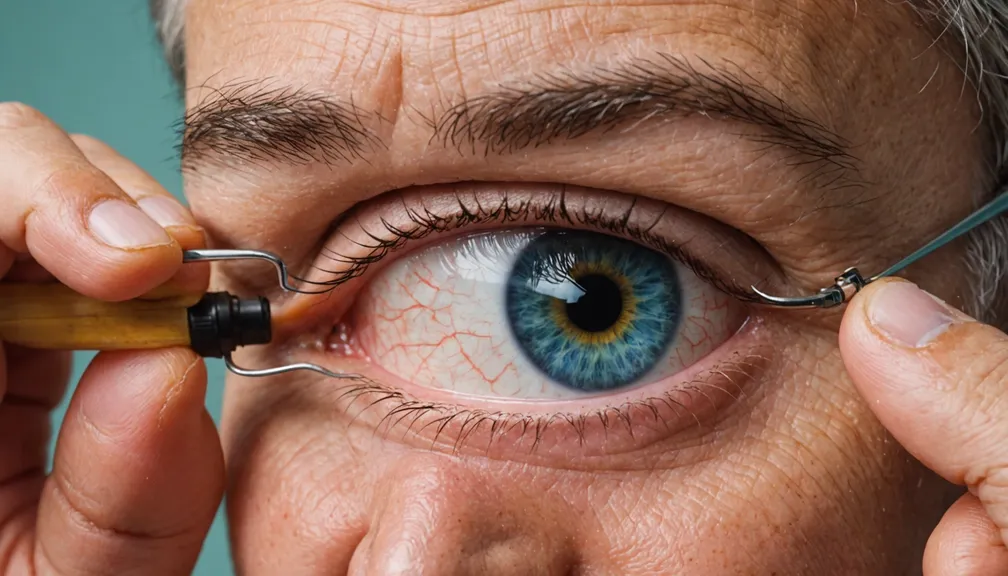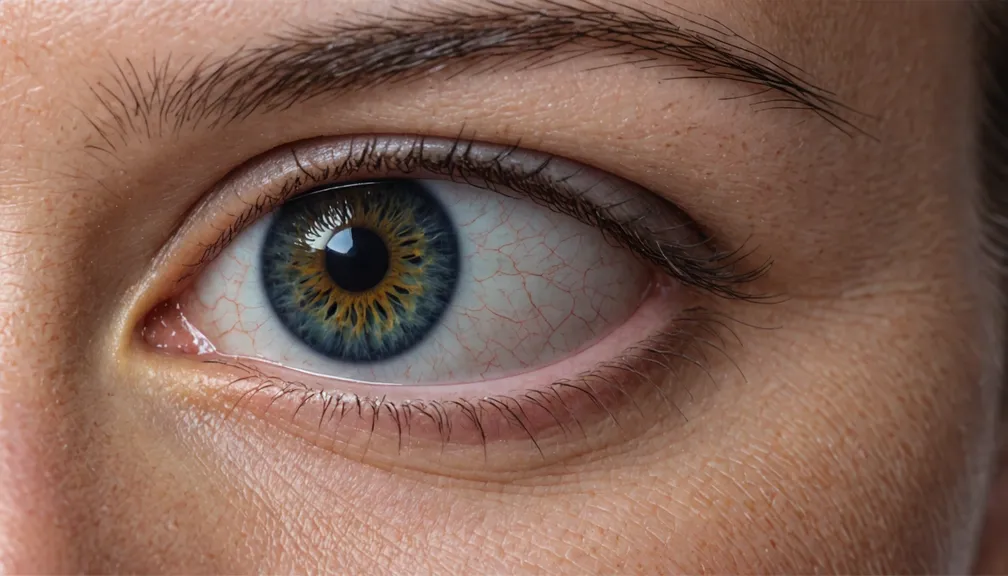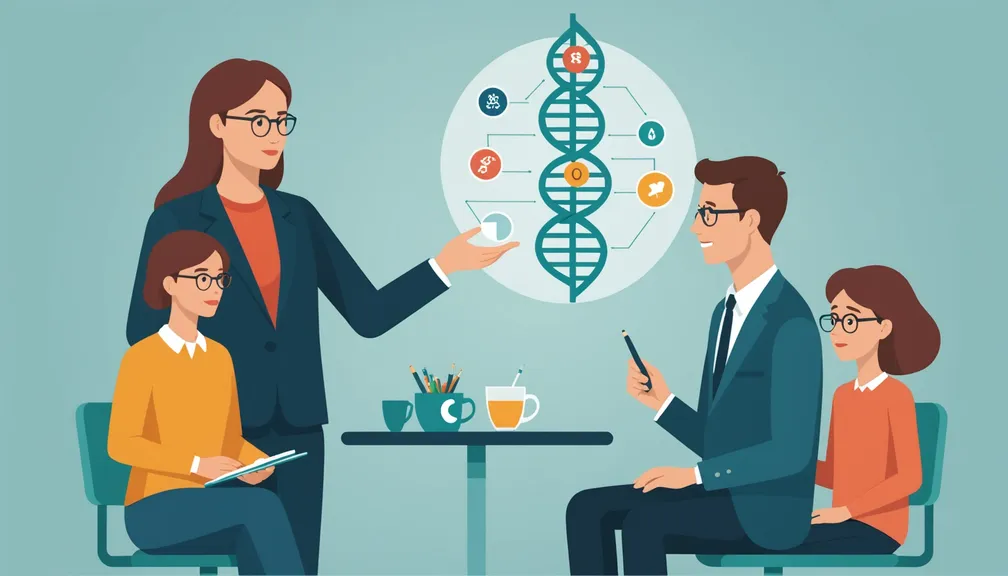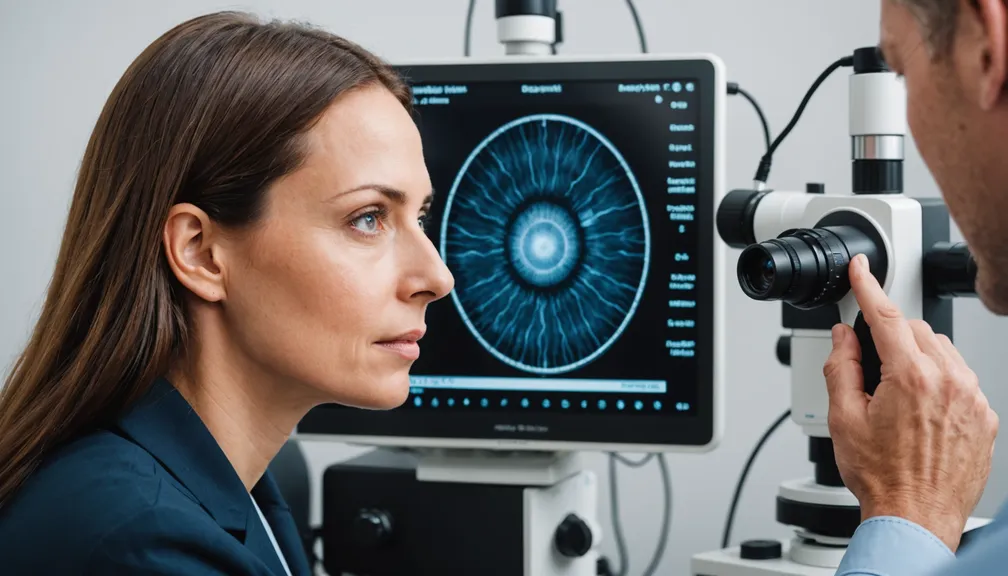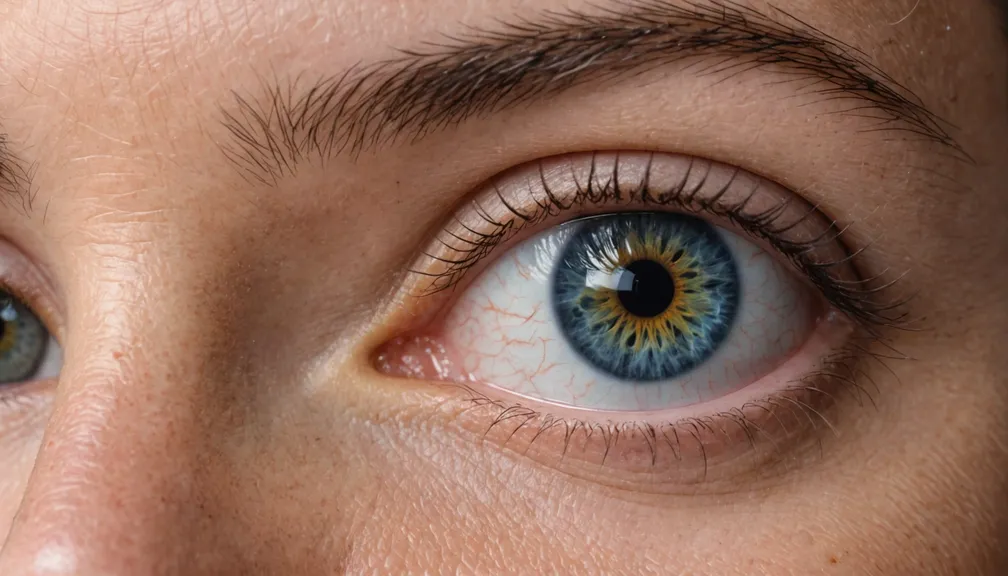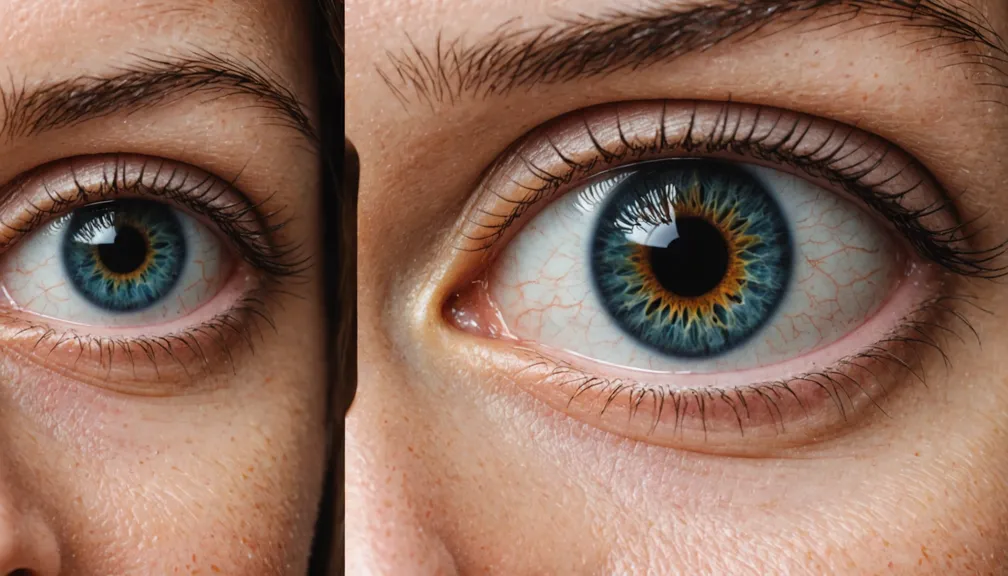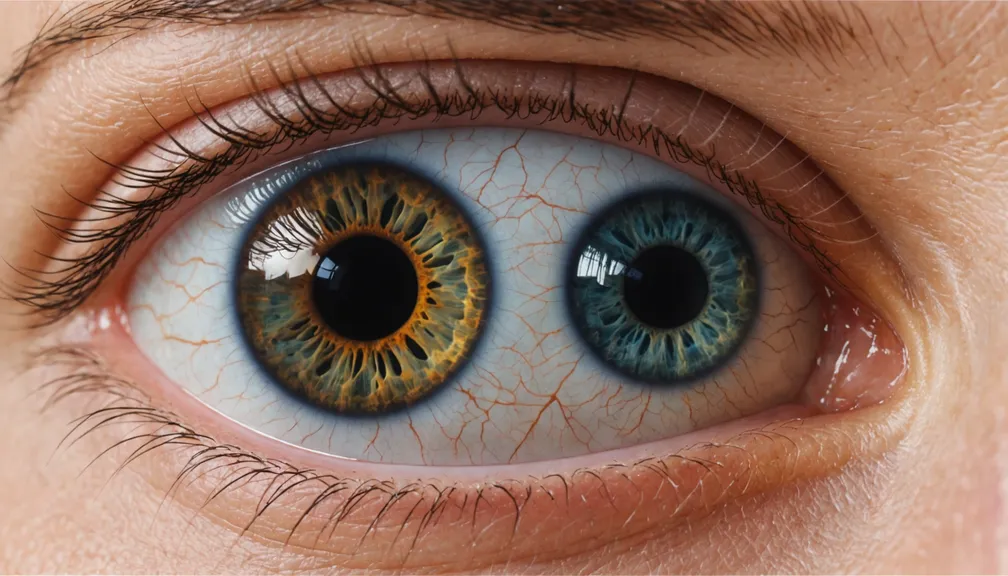Genetic Counseling: Understanding Inheritance Risks
Understanding Genetic Counseling
What is Genetic Counseling?
Genetic counseling is a specialized service that helps individuals and families understand and adapt to the genetic aspects of health conditions. It involves assessing family histories, interpreting genetic information, and providing support to make informed decisions about health and family planning.
Why is Genetic Counseling Important for Rare Eye Diseases?
Rare eye diseases, such as retinitis pigmentosa and Leber's congenital amaurosis, often have a genetic basis. Understanding the inheritance patterns of these conditions is crucial for:
- Early Diagnosis: Identifying risks can lead to early detection and management.
- Family Planning: Informing decisions about having children.
- Emotional Support: Helping families cope with the implications of genetic information.
How Inheritance Works in Rare Eye Diseases
Inheritance Patterns
Rare eye diseases can follow different genetic inheritance patterns, including:
- Autosomal Dominant:
- Only one copy of the mutated gene is needed for the disease to develop.
-
Each child has a 50% chance of inheriting the condition if one parent carries the mutated gene.
-
Autosomal Recessive:
- Two copies of the mutated gene are necessary for the disease to manifest.
- Parents are typically carriers with one mutated gene each.
-
Each child has a 25% chance of inheriting the disease.
-
X-Linked:
- The mutated gene is located on the X chromosome.
- Affects males more frequently, as they have only one X chromosome.
-
Females may be carriers and have a lower risk of developing symptoms.
-
Mitochondrial Inheritance:
- The mutated gene is found in the mitochondria.
- Passed down from the mother to all her children.
Examples of Rare Eye Diseases and Their Inheritance
- Retinitis Pigmentosa: Can be inherited in autosomal dominant, autosomal recessive, or X-linked patterns.
- Leber's Congenital Amaurosis: Typically autosomal recessive.
- Usher Syndrome: Often autosomal recessive, affecting both hearing and vision.
Assessing Inheritance Risks
Family History Analysis
A detailed family history helps identify patterns that suggest a hereditary condition. Key aspects include:
- Affected Relatives: Identifying which family members have the disease.
- Generational Patterns: Noting if the condition appears in every generation (suggesting dominant inheritance) or skips generations (suggesting recessive inheritance).
- Gender Distribution: Observing if more males or females are affected (which may indicate X-linked inheritance).
Genetic Testing
Genetic testing can confirm the presence of specific mutations associated with rare eye diseases. Types of genetic tests include:
- Diagnostic Testing: Confirms or rules out a known genetic condition.
- Predictive Testing: Assesses the risk of developing a condition before symptoms appear.
- Carrier Testing: Determines if an individual carries a gene that could be passed to offspring.
The Genetic Counseling Process
Initial Consultation
During the first meeting, the genetic counselor will:
- Gather Medical and Family History: Understanding the individual's and family's health background.
- Discuss Concerns and Goals: Identifying what the individual hopes to achieve through counseling.
Risk Assessment
The counselor analyzes the gathered information to estimate the likelihood of inheriting or passing on the condition. This may involve:
- Evaluating Inheritance Patterns: Determining how the disease is passed down.
- Considering Genetic Test Results: Integrating test outcomes into risk estimates.
Decision Making and Support
After assessing risks, the counselor provides:
- Information and Resources: Educating about the condition, management options, and future implications.
- Supportive Counseling: Helping individuals and families navigate emotional responses and make informed decisions regarding health and family planning.
Benefits of Genetic Counseling
Informed Decision Making
Genetic counseling empowers individuals with knowledge about their genetic risks, enabling them to make informed choices about:
- Health Management: Implementing early interventions and monitoring.
- Family Planning: Making decisions about having children, including options like genetic testing and assisted reproductive technologies.
Emotional Support
Dealing with genetic information can be emotionally challenging. Counseling provides:
- A Safe Space: To express fears, concerns, and hopes.
- Coping Strategies: Techniques to manage stress and anxiety related to genetic risks.
Family Planning
Understanding genetic risks aids in planning for the future, such as:
- Evaluating Reproductive Options: Including in vitro fertilization (IVF) with genetic testing.
- Preventive Measures: Taking steps to reduce the risk of passing on the condition.
Healthcare Professionals Involved
Genetic Counselors
Specialists trained to evaluate genetic risks, provide information, and support decision-making processes.
Ophthalmologists
Eye doctors who diagnose and manage rare eye diseases, offering treatment options and monitoring disease progression.
Medical Geneticists
Physicians who specialize in genetics, assisting in the diagnosis and interpretation of genetic tests.
Social Workers
Provide resources and support for navigating healthcare systems, accessing services, and managing the social impacts of genetic conditions.
Psychologists
Offer mental health support to help individuals and families cope with the emotional aspects of genetic risks and diagnoses.
Questions to Ask Your Genetic Counselor
Preparing questions can ensure that you gain the most from your counseling session. Consider asking:
- What is the likelihood that I carry or will pass on this rare eye disease?
- What are the available testing options, and which do you recommend?
- How can this genetic information impact my family planning decisions?
- What are the potential treatments or management strategies for this condition?
- Where can I find additional resources and support groups?
- How should I discuss these genetic risks with other family members?
Remember: Genetic counseling is a collaborative process aimed at providing you with the knowledge and support needed to make informed decisions about your health and family. Reach out to a genetic counselor or one of the healthcare professionals listed above to get started on understanding your genetic risks related to rare eye diseases.
